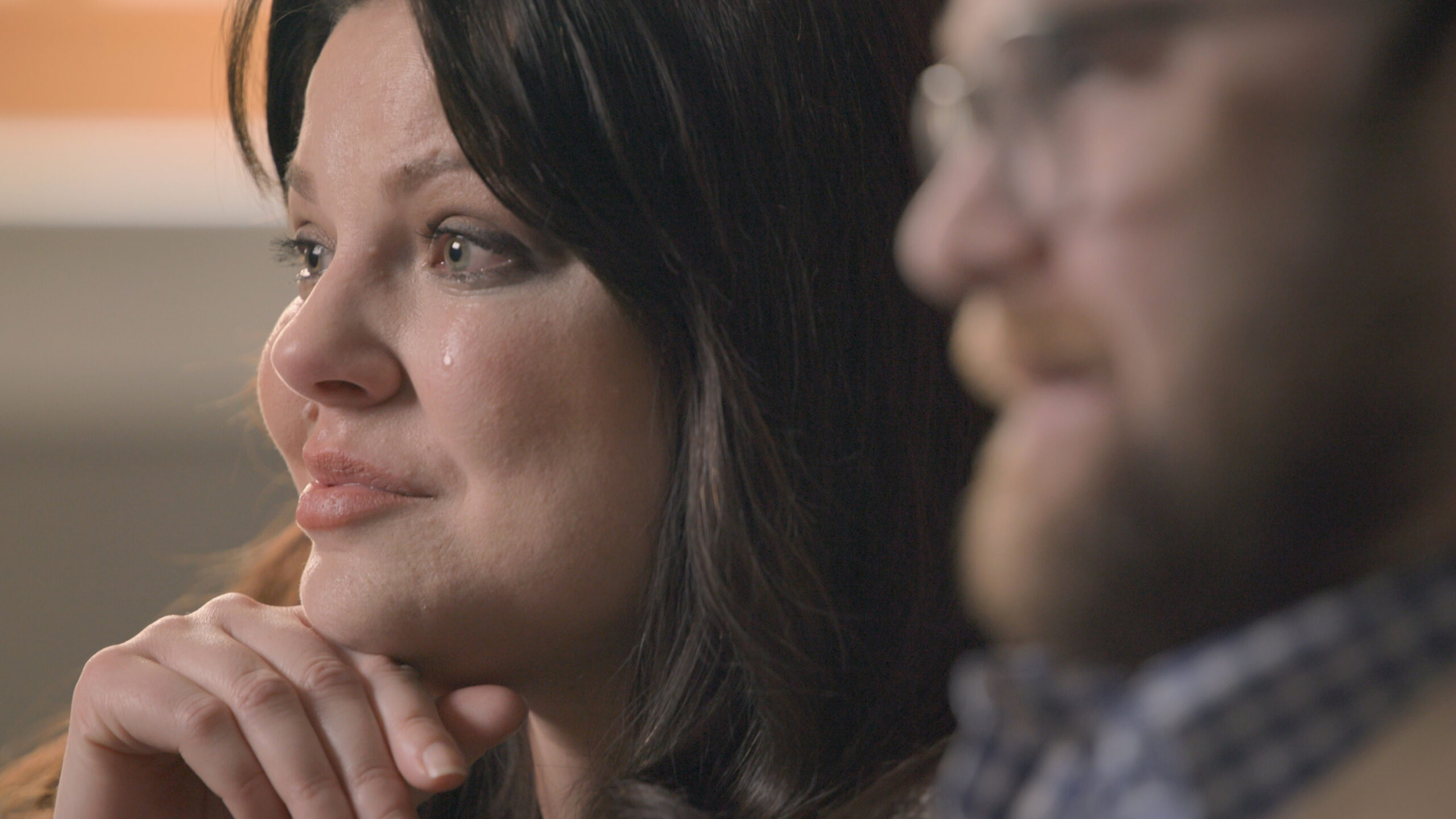Pop culture and entertainment can change our perceptions, prime us for new ideas, and give us tools to feel empathy for people different from ourselves. That’s often a good thing, but as Shiny Happy People shows us, this empathy can also make us accept sinister concepts.
Initially, I thought the documentary would be an exposé of Duggar family secrets and confessions about family scandals that rocked the media in the 2010s. Though the documentary begins with an analysis of the family itself, it also looks at how networks such as Discovery+ played a part in the normalization of fundamentalist conservative values. The fact that the Duggar family was seen first as entertainment made it easy for their message to spread out across the country and the world.
Shiny Happy People examines the fundamentalist teachings and teachers that informed James Robert “Jim Bob” Duggar—a former Arkansas State Representative and staunch Republican. First showing the perspective of Jill Duggar Dillard, who was raised in an environment where women must be meek and submissive, the documentary also includes young people who were raised similarly.

Featuring experts, former students, and participants of the Institute in Basic Life Principles (IBLP), we learn how the dark cloud of fundamentalism was the perfect recipe for ensuring that women were made unaware of abuses against them. These tools and indoctrination kept victims silent when they wanted justice.
Through the stories of IBLP survivors, interviews with Jill Duggar Dillard, as well as Deanna Duggar (Jim Bob Duggar’s sister), Amy King (Deanna’s daughter and Jill Duggar’s cousin), we learn about how this institute exploited young people and led their parents into raising them to espouse beliefs that take their rights away.
The heartbreaking stories include anecdotes of life as a homeschooled child and describe a curriculum that wasn’t in tune with what teens may need to apply for college or get well-paying jobs. Participants described the lack of socialization with the outside world and even give anger-inducing testimonies about the types of abuse they endured in IBLP programs.
For many of the documentary’s participants, leaving the religion they were raised with also meant starting anew, rupturing their relationships with family, and constantly having to bear witness to the circumstances they faced.

Still, it was a major victory to listen in on later episodes. The last two episodes give victims a platform to talk about how they took control of their narrative and dissected how shows about the Duggar family made extreme views more palatable to American and worldwide audiences. Survivors exposed the harsh labor expected of IBLP participants, the strict and unreasonable moral expectations, and the pathologization of perfectly normal child and teen behavior.
Of note were the revelations and expert analysis of how women in the Duggar family worked the hardest in the show. Young women in such a large family were expected to clean, cook, and look after children, putting others’ needs above their own. These images were consumed as entertainment and it’s no coincidence that a generation of people now work hard to curtail women’s voices and rights, while also revoking hard-won feminist victories.
Shiny Happy People was a tough watch. I thankfully didn’t grow up in an environment as extreme as that of the Duggar family, but I know that many moderate religious denominations continue to espouse these beliefs even if they don’t take them as far. If there’s one thing we can take from this exposé is that family and personal actions really are the basis of how we form policy.
Shiny Happy People is now available for streaming on Amazon Prime.

